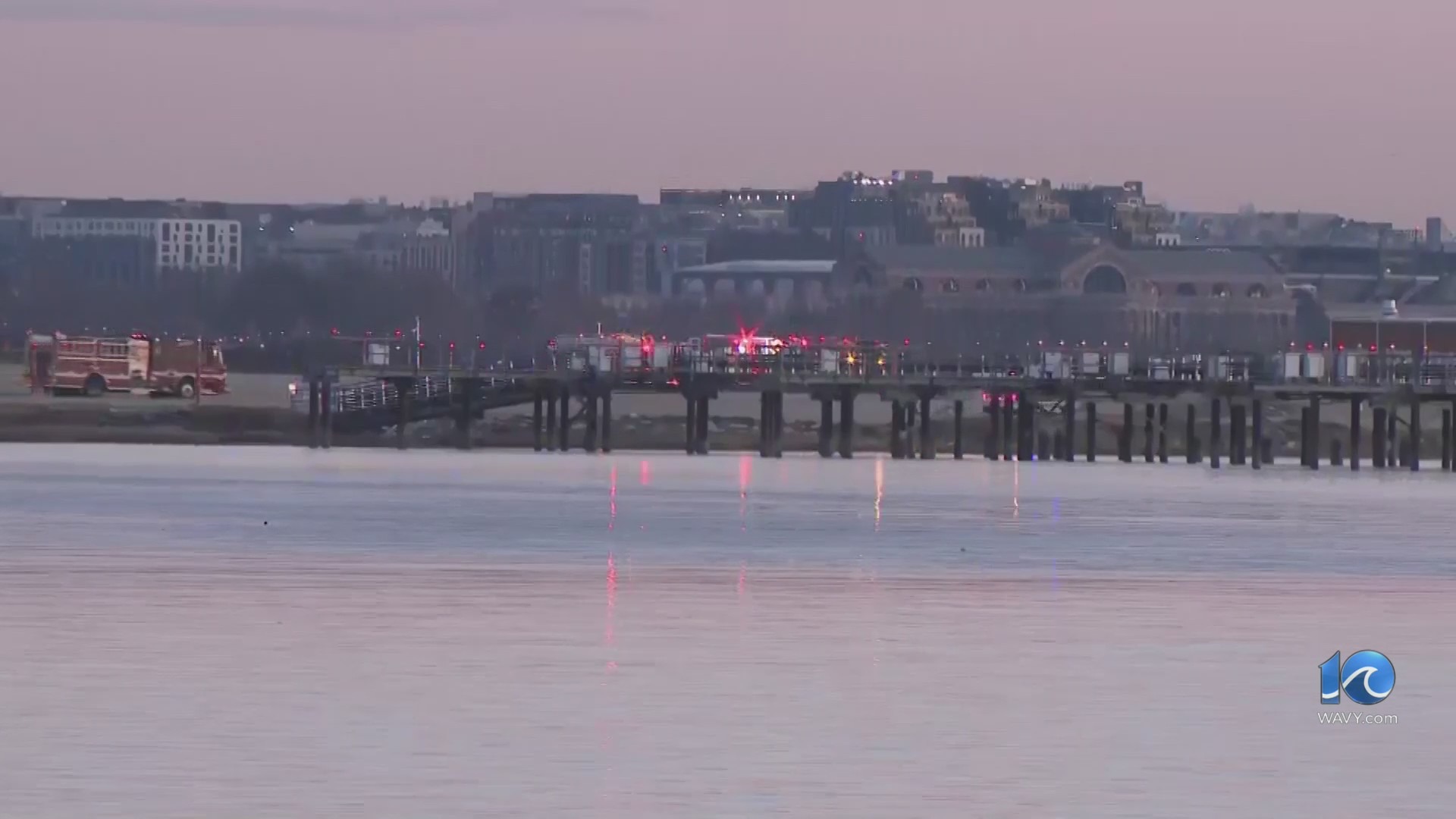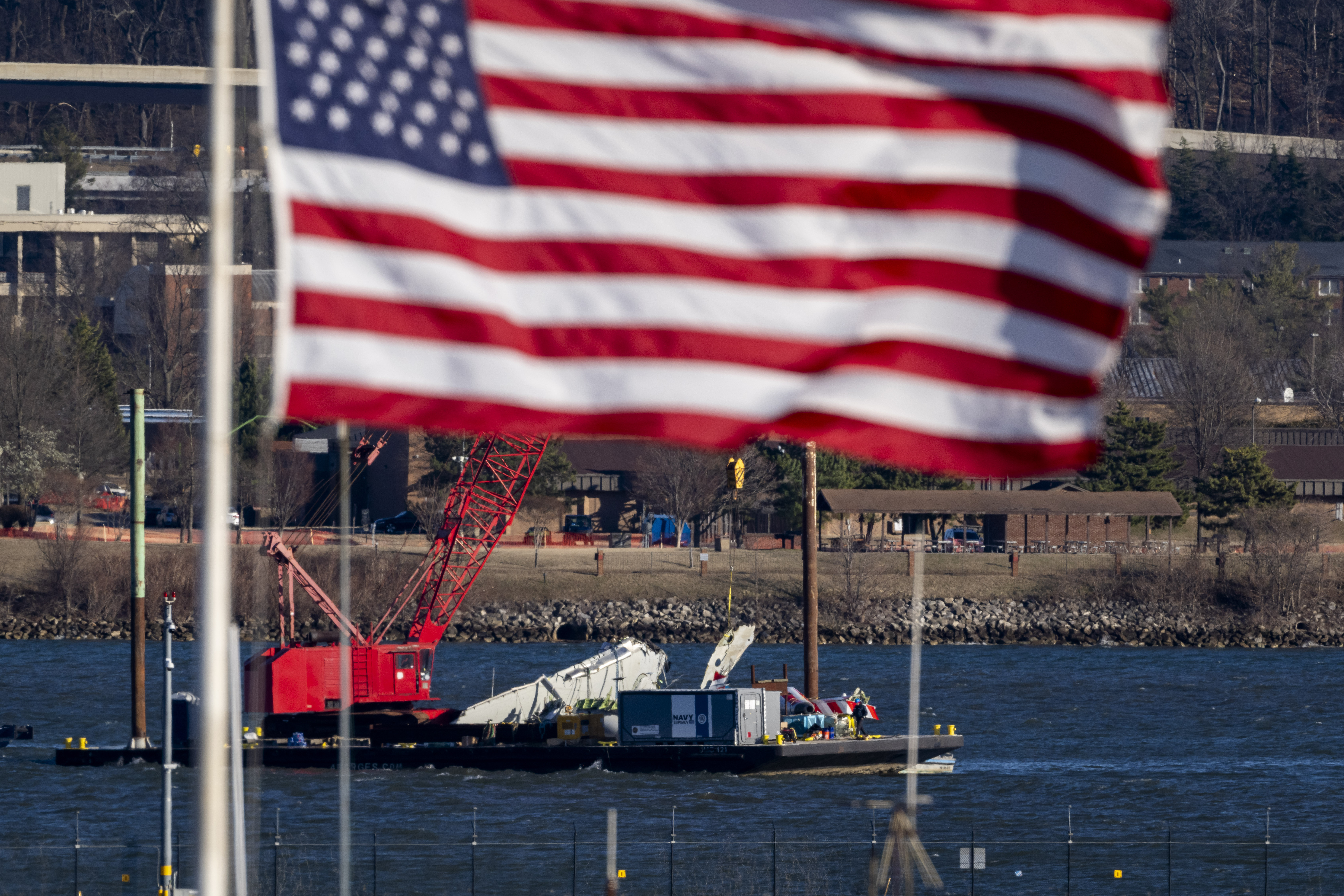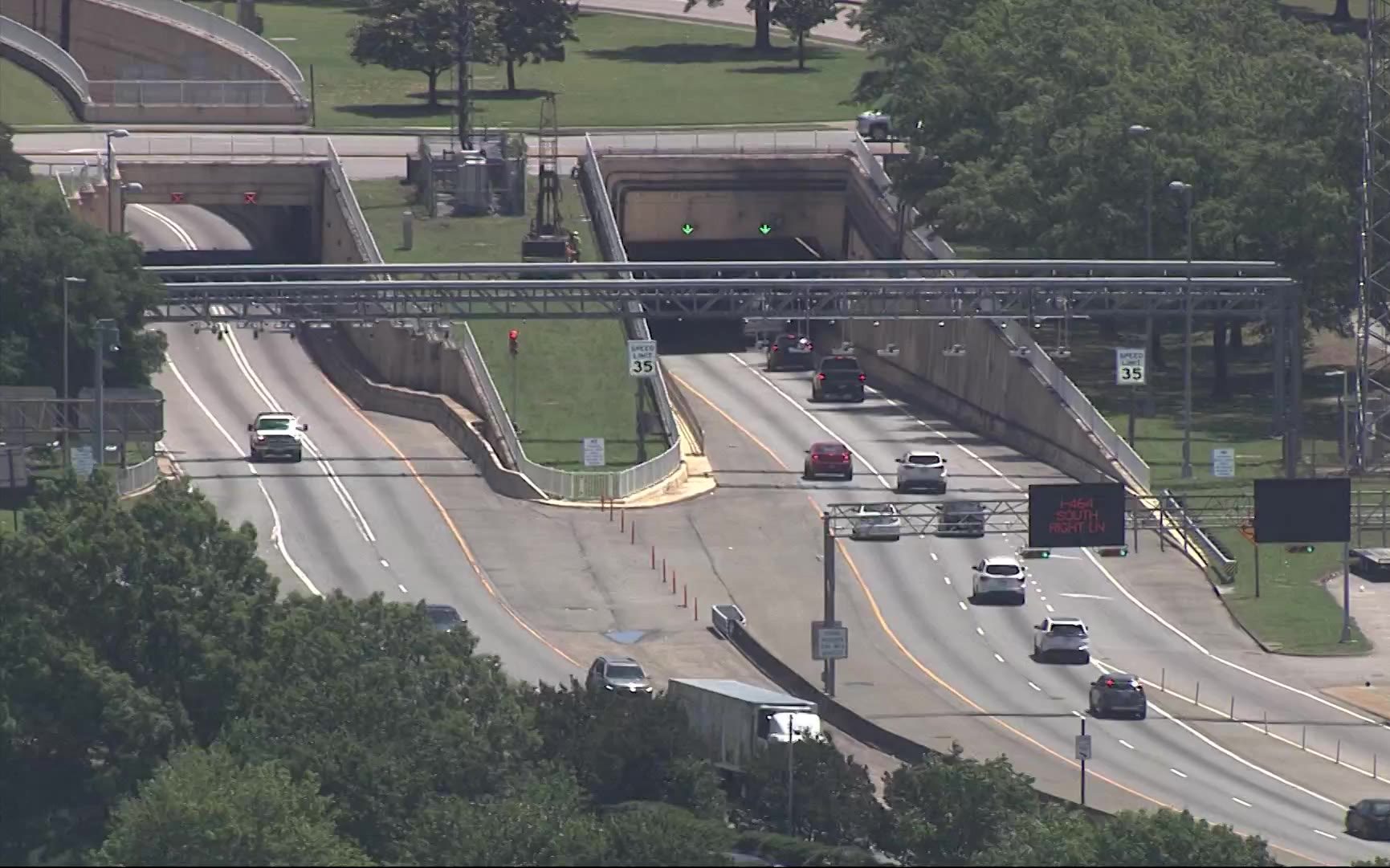TORONTO (AP) — The union representing 10,000 striking Air Canada flight attendants said Sunday it will defy an order to return to work and continue a strike that has stranded more than 100,000 travelers around the world during the peak summer travel season.
The Canada Industrial Relations Board ordered airline staff back to work by 2 p.m. Sunday after the government intervened and Air Canada said it planned to resume flights Sunday evening.
“Our members are not going back to work,” Canadian Union of Public Employees national president Mark Hancock said outside the Toronto Airport. “We are saying no.”
Hancock said the “whole process has been unfair” and said it will challenge what it called an unconstitutional order.
“Air Canada has really refused to bargain with us and they refused to bargain with us because they knew this government would come in on their white horse and try and save the day,” he said.
The federal government and the airline didn’t immediately respond to a request for comment.
The country’s largest airline said early Sunday in a release that the first flights will resume later in the day but that it will take several days before its operations return to normal. It said some flights will be canceled over the next seven to 10 days until the schedule is stabilized.
Less than 12 hours after workers walked off the job, Federal Jobs Minister Patty Hajdu ordered the 10,000 flight attendants back to work, saying now is not the time to take risks with the economy and noting the unprecedented tariffs the U.S. has imposed on Canada. Hajdu referred the work stoppage to the Canada Industrial Relations Board.
The airline said the Canada Industrial Relations Board has extended the term of the existing collective agreement until a new one is determined by the arbitrator.
The shutdown of Canada’s largest airline early Saturday was impacting about 130,000 people a day. Air Canada operates around 700 flights per day.
According to numbers from aviation analytics provider Cirium, Air Canada canceled a total of 494 flights on Sunday morning. That’s in addition to the hundreds of flights it canceled in the previous days.
The bitter contract fight escalated Friday as the union turned down Air Canada’s prior request to enter into government-directed arbitration, which allows a third-party mediator to decide the terms of a new contract.
Flight attendants walked off the job around 1 a.m. EDT on Saturday. Around the same time, Air Canada said it would begin locking flight attendants out of airports.
Last year, the government forced the country’s two major railroads into arbitration with their labor union during a work stoppage. The union for the rail workers is suing, arguing the government is removing a union’s leverage in negotiations.
The Business Council of Canada had urged the government to impose binding arbitration in this case, too. And the Canadian Chamber of Commerce welcomed the intervention.
Hajdu maintained that her Liberal government is not anti-union, saying it is clear the two sides are at an impasse.
Passengers whose flights are impacted will be eligible to request a full refund on the airline’s website or mobile app, according to Air Canada.
The airline said it would also offer alternative travel options through other Canadian and foreign airlines when possible. Still, it warned that it could not guarantee immediate rebooking because flights on other airlines are already full “due to the summer travel peak.”
Air Canada and CUPE have been in contract talks for about eight months, but they have yet to reach a tentative deal. Both sides have said they remain far apart on the issue of pay and the unpaid work flight attendants do when planes aren’t in the air.
The airline’s latest offer included a 38% increase in total compensation, including benefits and pensions, over four years, that it said “would have made our flight attendants the best compensated in Canada.”
But the union pushed back, saying the proposed 8% raise in the first year didn’t go far enough because of inflation.




